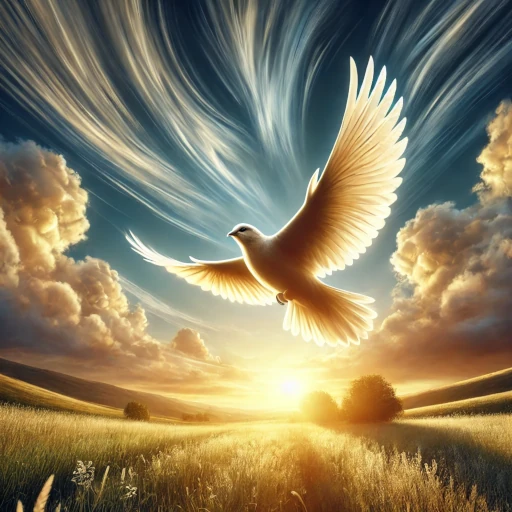“I sometimes think that the price of liberty is not so much eternal vigilance as eternal dirt.”

- June 25, 1903 – January 21, 1950
- Born in India during the British colonial period
- Author, journalist
table of contents
Quote
“I sometimes think that the price of liberty is not so much eternal vigilance as eternal dirt.”
Explanation
In this quote, George Orwell reflects on the often unseen and unpleasant costs of freedom and liberty. While the commonly held belief is that the price of liberty is “eternal vigilance”—a constant need for awareness, caution, and defense against threats—Orwell suggests that the true cost of liberty may instead be the “eternal dirt”: the imperfections, messiness, and compromises that come with living in a free society. To be truly free is to accept the inherent chaos, uncertainty, and disorder that often accompany the absence of absolute control. The “dirt” in Orwell’s metaphor represents not only physical mess but also the moral and social compromises that freedom entails. Freedom is messy; it allows for disagreement, inequality, inefficiency, and imperfection, and it requires the willingness to tolerate those things for the sake of personal liberty and autonomy.
Orwell’s view is informed by his concerns about the costs of totalitarianism versus the discomforts of democratic and open societies. In works like 1984 and Animal Farm, Orwell critiques the ways in which oppressive regimes offer order and control at the expense of freedom, but with those systems come the loss of autonomy, human dignity, and truth. Liberty, in his eyes, often involves a constant negotiation between order and chaos, and the “dirt” is a necessary byproduct of living in a society where individuals are free to express themselves, make mistakes, and challenge the status quo.
This idea remains relevant today, as the costs of liberty continue to be debated in the context of modern democracy and civil rights. The messiness of freedom is seen in the political polarization, social inequality, and moral ambiguities that often accompany democratic systems. Orwell’s quote encourages us to accept that freedom is not perfect or clean, but rather an ongoing struggle to balance individual rights with the complexities of human society. It reminds us that liberty requires a tolerance for imperfection, uncertainty, and the inevitable “dirt” that comes with living in a free and open world.
Would you like to share your impressions or related stories about this quote in the comments section?




